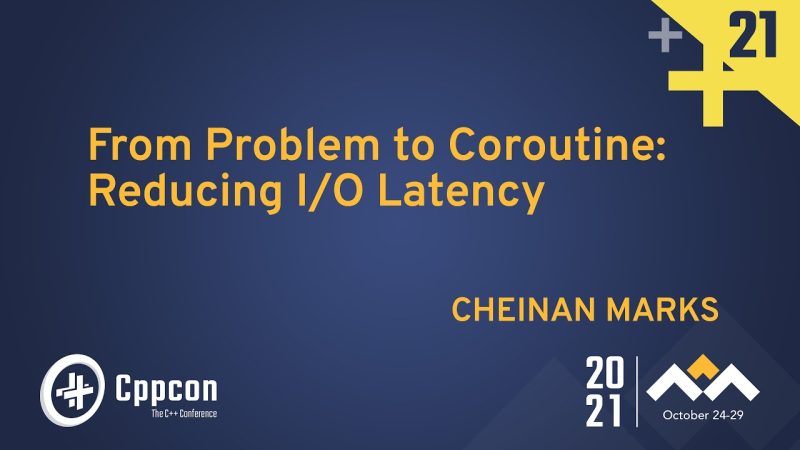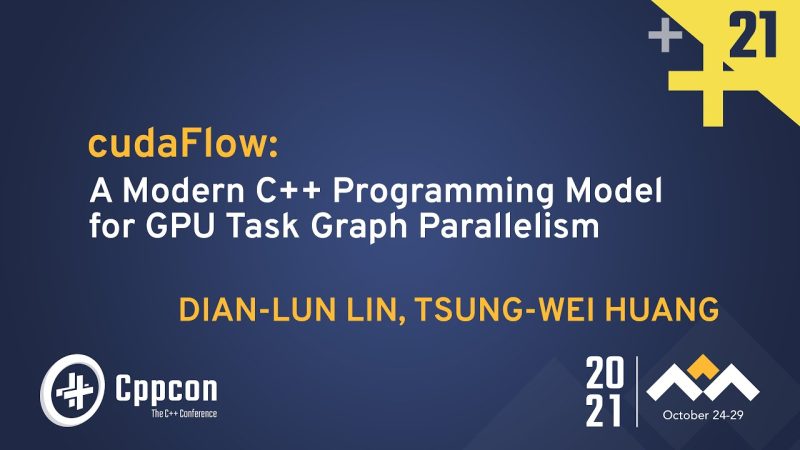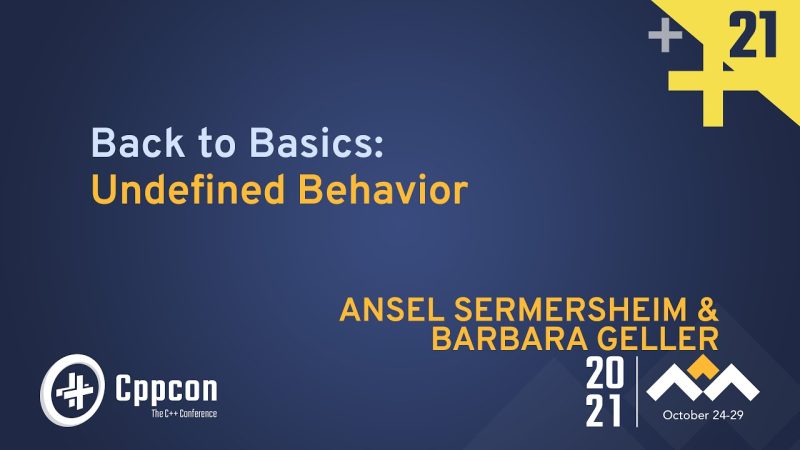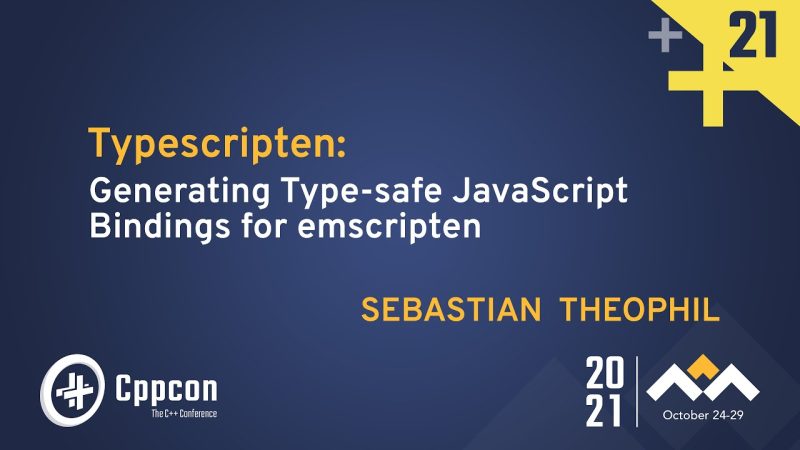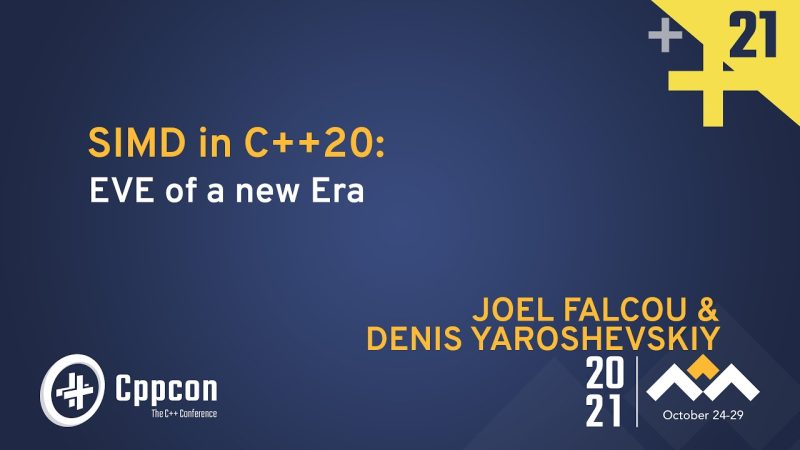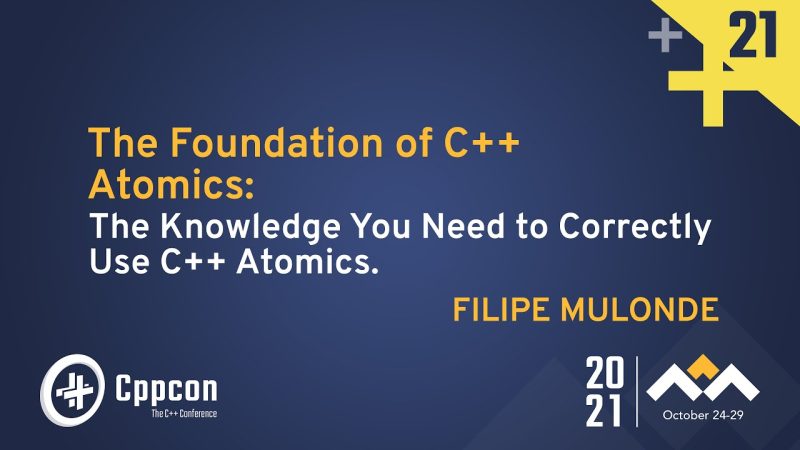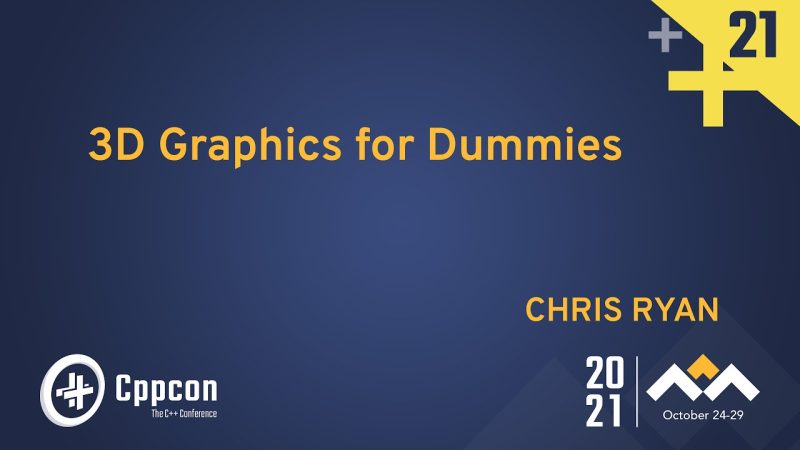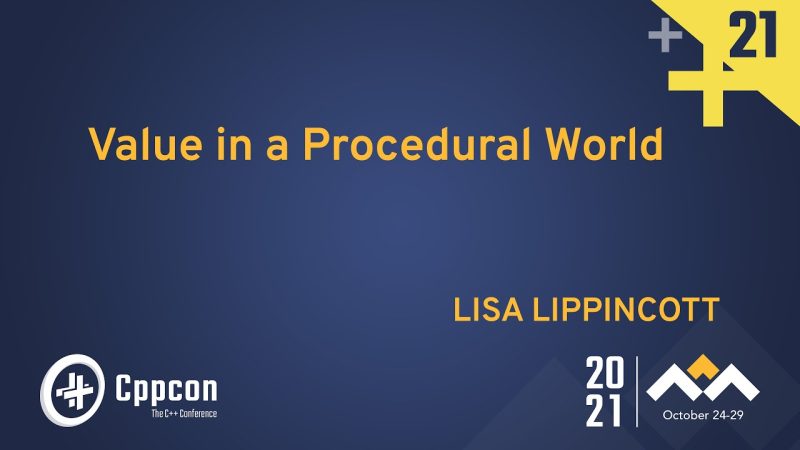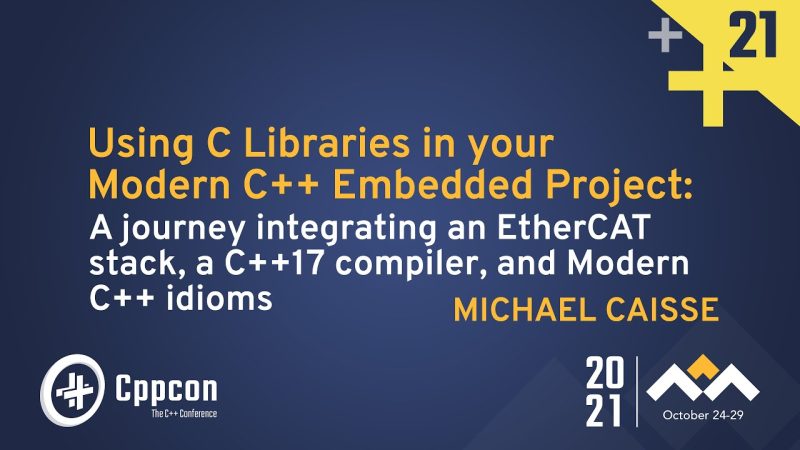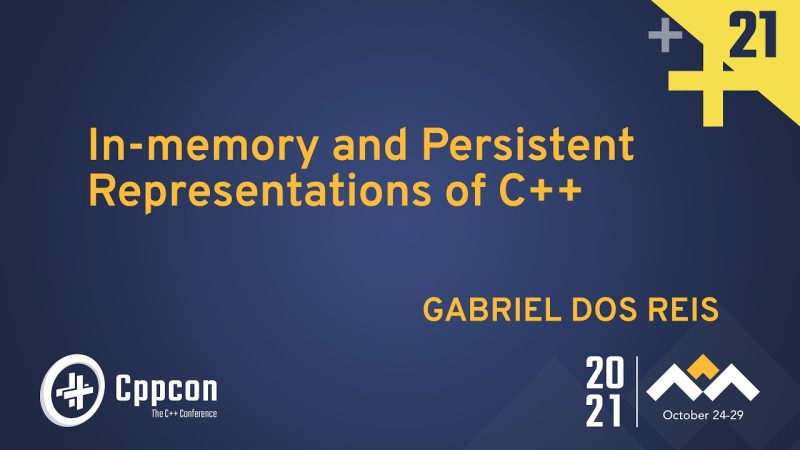https://cppcon.org/
https://github.com/CppCon/CppCon2020
---
Coroutines are now officially part of the C++20 standard and one of their advertised uses is reducing I/O latency. Almost all of the literature on coroutines that I found illustrated either synchronous generators or described the nitty gritty details of coroutines using very simple usages. The best talk I found was Gor Nishanov's excellent talk from CppCon 2018, "Nanocoroutines to the Rescue!" (go watch it!) which solves a different problem than mine, but mostly illustrates the power of coroutines.
In this talk I want to approach coroutines from another direction. I will start with the problem, which almost all engineers face in some form, that of reducing I/O latency while searching and gathering data from a sequential file. Instead of going into the details of how the coroutines work, I will start with the naive synchronous solution and build up coroutines step by step to try and reduce latency, illustrating the pieces as they are added.
Finally I will compare this solution to an old-fashioned solution using threads and we'll see how the coroutines performance measures up and whether all the additional boilerplate needed is worth the additional trouble. I hope discussing the value of coroutines and future proposals for RAII and executors will spark a good discussion with the audience.
---
Cheinan Marks
Cheinan Marks is a senior software developer, living in Berlin, where he starting a non-profit to research bioinformatics and bio-computation, specializing in genetics. He got his start in the TUTOR language on the PLATO system at the University of Illinois. Having gotten his doctorate in chemical engineering, he enjoys developing new ideas in software, particularly scientific ideas, and turning them into practical, real-world products. Past projects include Quantum Mechanics, Natural Language Programming, and Image Manipulation.
---
Videos Recorded & Edited by Digital Medium: http://online.digital-medium.co.uk
The CppCon YouTube Channel Is Sponsored By:
JetBrains : http://jb.gg/cpptools
SonarSource: https://www.sonarsource.com/


